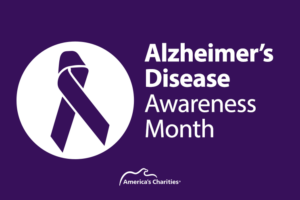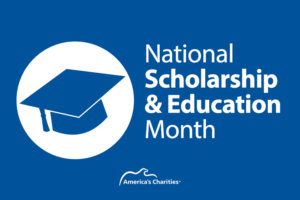Sarah Ford | October 11, 2013
Federal Shutdown Causing Immediate and Lasting Damage to US Public Health, Science
Prevention (CDC) sidelined by the US government shutdown, pediatricians and other physicians are going without essential information about outbreaks of influenza, pertussis, and other infectious diseases in their area.
“If there is a pertussis outbreak, we won’t know,” said Anne Edwards, MD, a Minnesota pediatrician and chair of the American Academy of Pediatrics (AAP) committee on state government affairs. The federal public health agency “is a system we work with to respond efficiently and treat people appropriately when an outbreak occurs,” she said.
This interruption of public health efforts is a major concern as the nation enters peak seasons for influenza and other communicable diseases, and it’s only one of a string of immediate public health repercussions of the government shutdown. Wrenching stories have emerged from the hundreds of patients who cannot enroll in cancer clinical trials at the National Institutes of Health Clinical Center because new trials have been stopped and of vulnerable families who are at risk of losing their federal food aid.
But it’s not only these immediate effects that concern the medical community. Some physician leaders, who are calling for a speedy end to the shutdown, say there may be even more devastating long-term effects on public health and science.
Source: Sloan-Kettering
Get Resources and Insights Straight To Your Inbox
Explore More Articles
Open Position: Customer Service Coordinator (Remote-Part Time)
Position Title: Customer Service Coordinator (Remote – Part Time) Department: Charitable Funds Management Solutions We are a non-profit charitable organization looking for skilled individuals who…
Read ArticleGet Resources and Insights Straight To Your Inbox
Receive our monthly/bi-monthly newsletter filled with information about causes, nonprofit impact, and topics important for corporate social responsibility and employee engagement professionals, including disaster response, workplace giving, matching gifts, employee assistance funds, volunteering, scholarship award program management, grantmaking, and other philanthropic initiatives.




